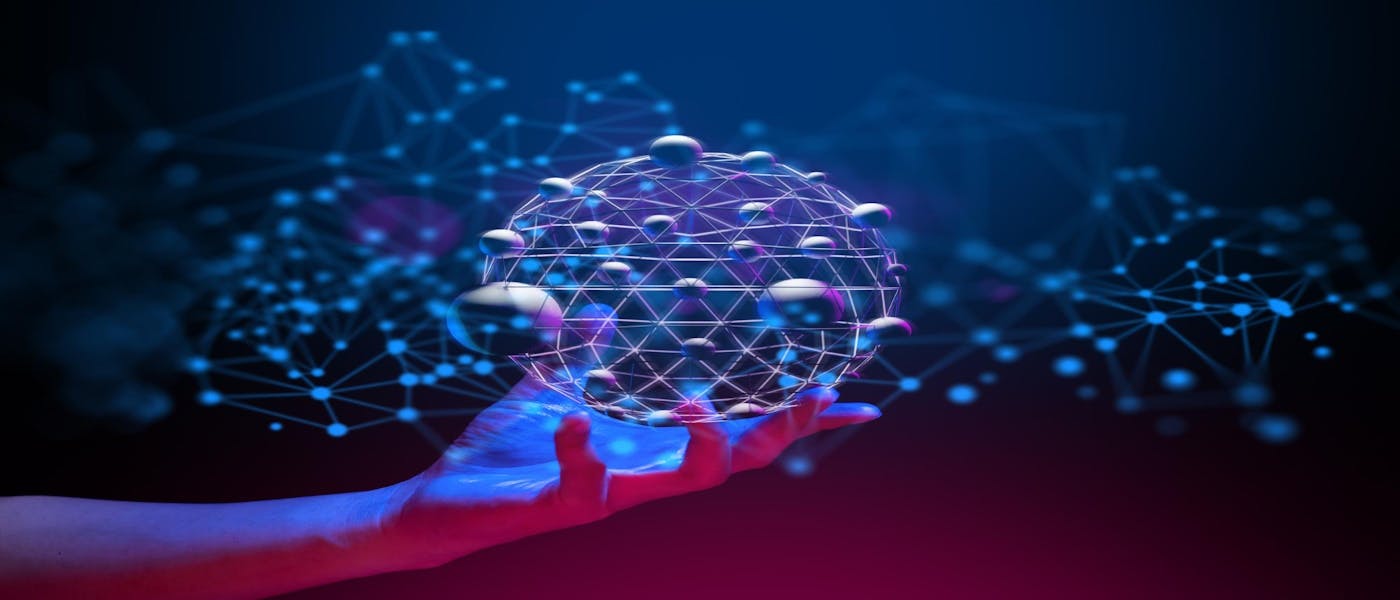342 reads
The Future of AI is Decentralized: Why ICP is Leading the Charge
by
June 27th, 2024
Audio Presented by

An Avid Writer by nature. People Ops & Marketing Strategist: Leader with 15+ years of experience in Organizational Capability Building and Marketing Success @ WeblineIndia, a leading Custom Software Development Company.
Story's Credibility

About Author
An Avid Writer by nature. People Ops & Marketing Strategist: Leader with 15+ years of experience in Organizational Capability Building and Marketing Success @ WeblineIndia, a leading Custom Software Development Company.
